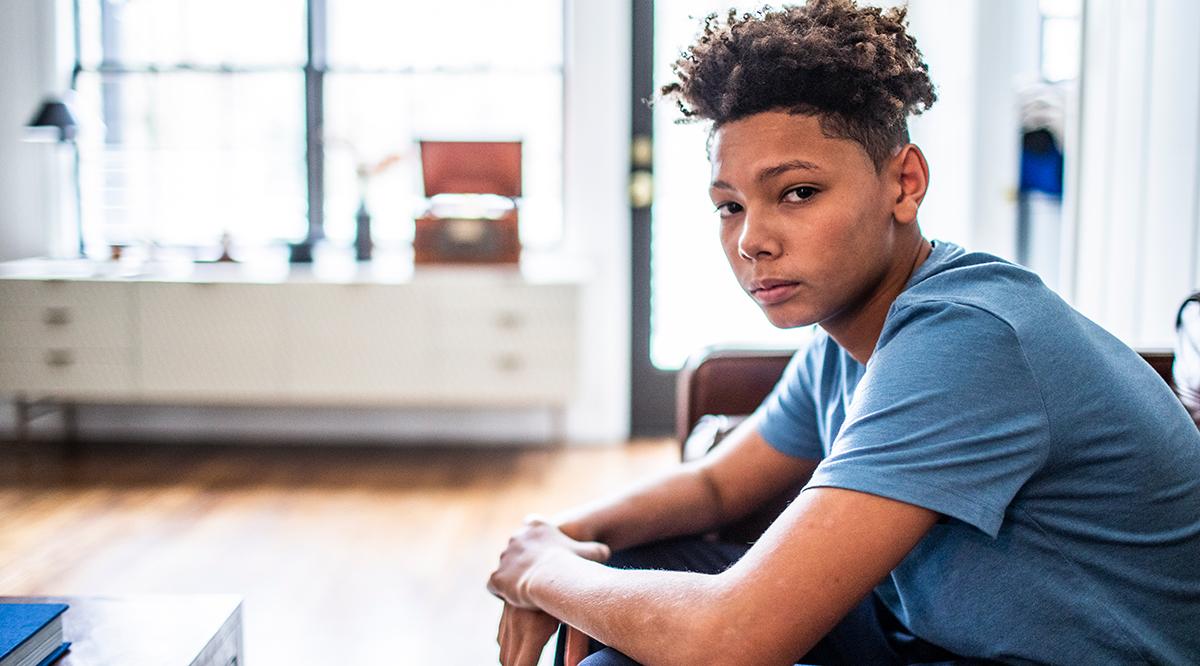 Please sign up for my email information newsletter at:
Please sign up for my email information newsletter at:
https://jamesdonaldson.getresponsepages.com/
One of the things that continue to motivate me, to be a voice and advocate for mental health awareness, is observing the state of our young generation of students as they are going through their developmental years.
Most young people go through what is called adverse childhood experiences (ACE’s), and the bottom line is, the more adverse childhood experiences they go through, the more likely they will have mental challenges and suicidal tendencies as they get older.
Times sure have changed from when I was a little boy, innocently riding my bicycle or skateboard up and down the street, and playing with my childhood friends.
Today’s young people, because they are growing up in the age of “technology”, never truly learn how to form deep personal meaningful relationships with other people as they are growing up, and of course, that will affect them once they get to adulthood.
Most students will suffer some anxiety, depression, loneliness, and thoughts of suicide, once they move away from home and undergo the stressful rigors of trying to become a college student.
One thing I know for sure is that mentoring works. I have been a mentor off and on throughout the years, and still, have terrific mentors in my life to give me guidance and advice. I am also a Board of Director with Mentor Washington, a statewide mentoring umbrella organization that works with the vast majority of mentoring agencies in the State of Washington.
If you haven’t considered being a mentor, consider it, it is one of the most rewarding experiences that you will ever have. If you need more information on mentoring, please feel free to touch base with me.

Mentoring is one approach that may improve the health and well-being of YMHC, (Youth with Mental Health Challenges) through both prevention efforts before serious mental health concerns emerge, and intervention efforts, when symptoms have already appeared. In the past decade, programs have been emerging that are designed to target youth (mentees), and sometimes even mentors, specifically because they have been identified as having mental health challenges, and/or as meeting criteria for an emerging mental health problem, such as heightened aggression, inattention, or suicide ideation. The field is in its infancy in understanding the promise, potential impact, and potential challenges of mentoring relationships for YMHC, and the evidence-based program elements needed to implement and sustain programs designed to serve YMHC in the community and mental health system contexts.
Mentoring programs for YMHC may focus on providing mentoring as primary prevention, in order to prevent mental health symptoms from developing in the first place among youth identified as at-risk, and/or mentoring as early intervention, in order to prevent additional negative developmental outcomes (e.g., cognitive, socio-emotional, identity) among youth with existing mental health challenges (i.e. after symptoms emerge). The focus of this review is not on primary prevention studies, but rather on intervention studies of mentoring for those with existing mental health challenges.
Research on mentoring programs for youth with mental health challenges shows the most evidence of having a positive effect on mental health symptoms and academic outcomes, with less evidence supporting social and life functioning outcomes.
Both site-based mentoring programs in schools and community-based natural support teams show preliminary evidence of being helpful for youth with mental health challenges.



